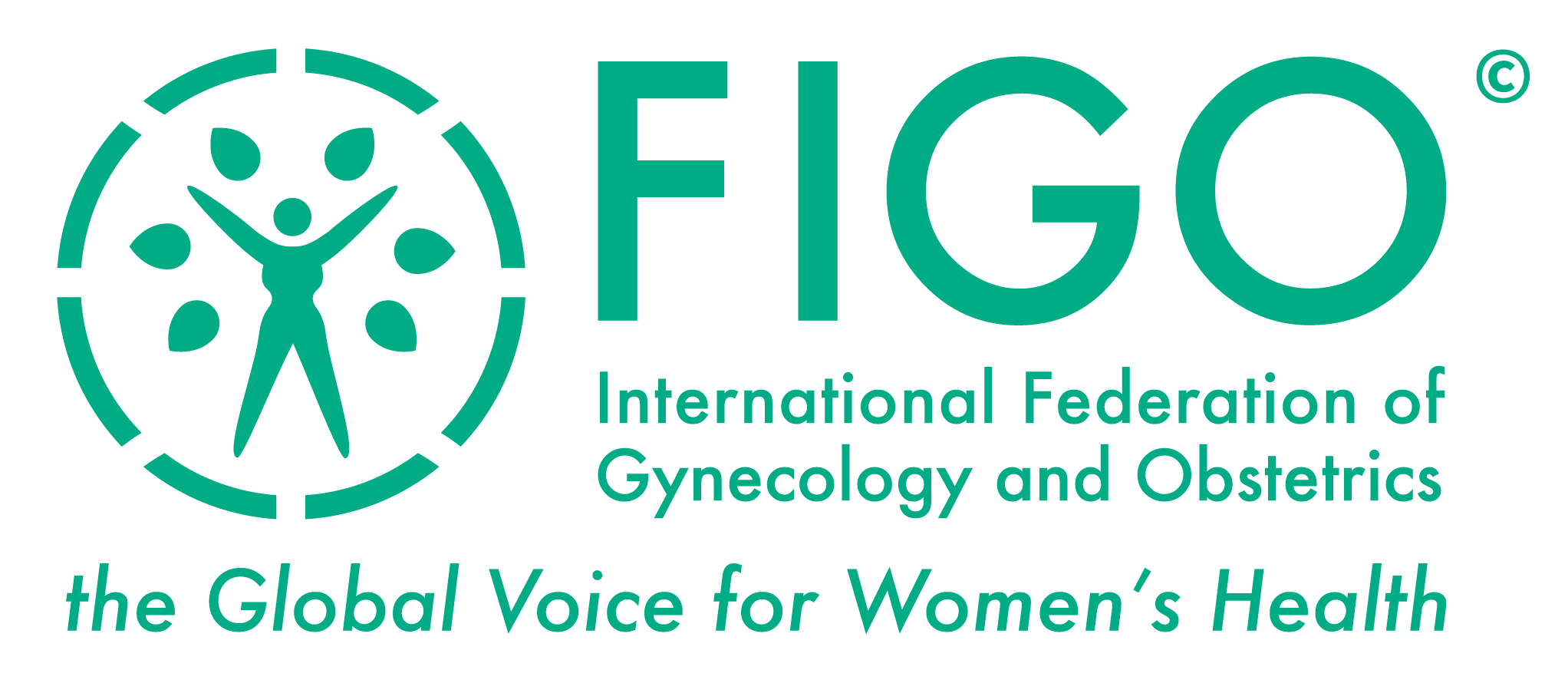
5. Prevent HIV and STIs: HIV and other sexually transmitted infections are common preventable causes of infertility. Providers in fertility/infertility programmes should identify and liaise with other providers and organizations that are involved in HIV and STI education and prevention to coordinate activities that help prevent the transmission of HIV and STIs.
HIV results in significant reproductive dysfunction, including increasing the risk of infertility, treatment of infertility, risk of pregnancy and childbirth and health of the child. Also, longer term illness in the mother and/or father may significantly compromise their ability to raise the child. Many programmes exist to prevent, reduce and/or manage HIV in reproductive age patients. PCPs and other fertility providers should identify, support, and collaborate with, when possible, programmes within FIGO and other organizations that promote the diagnosis and management of HIV.
Numerous infections, especially chlamydia trachomatis, gonorrhea, streptococcus, and other infections can cause fallopian tube damage and pelvic adhesions. In many parts of the world tuberculosis can cause significant pelvic organ injury, including severe injury to the uterine cavity. (ASRM and SRSb, 2008; Mol, 1997)
PCPs and other fertility providers should identify, support, and collaborate with, when possible, programmes within FIGO and other organizations that promote the diagnosis, treatment and prevention of STIs and tuberculosis.
